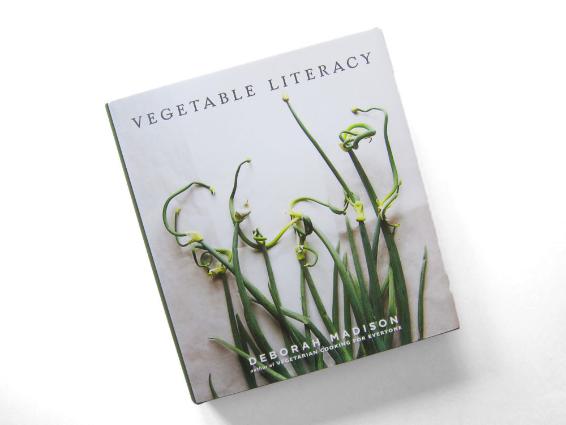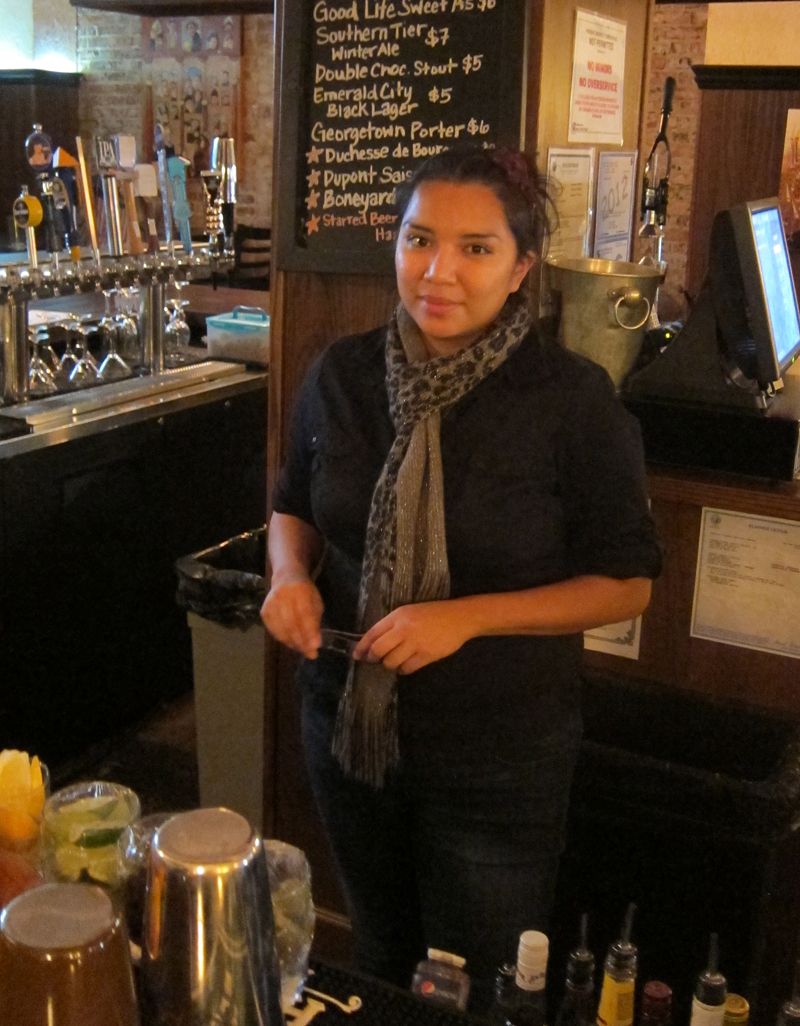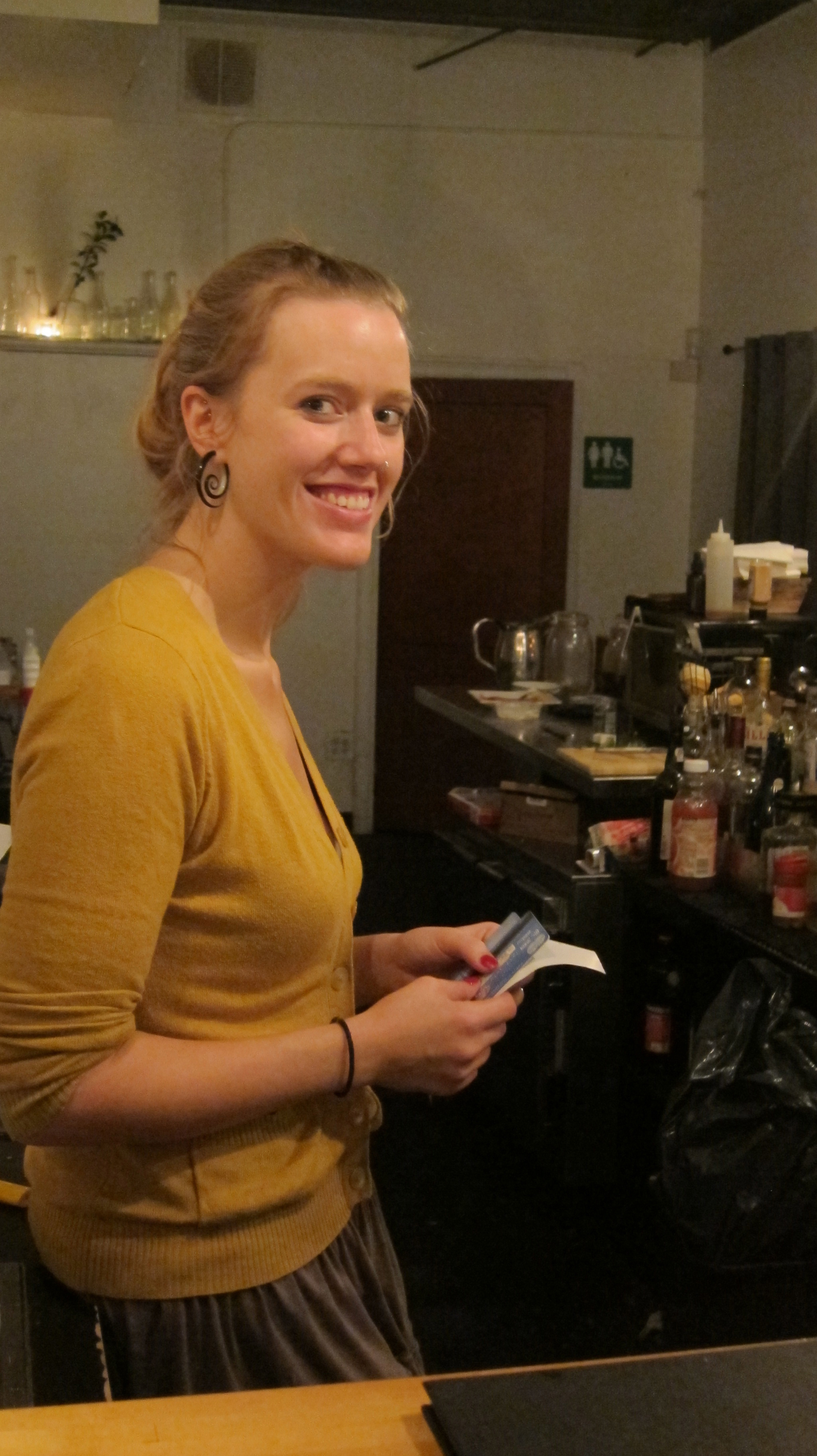Most home cooks don’t put much more thought into how vegetables grow, other than are they organic. I can’t name a family or genus of plant used regularly in the kitchen, other than maybe allium or nightshade. In Deborah Madison’s eleventh cookbook Vegetable Literacy, she wants to educate readers beyond the simple choice of which vegetable to cook and how. Madison introduces cooks to families of plants, and educates us about the various edible plants in each family, how to cook them, and how the plants within each family pair well together. With over 300 recipes, Vegetable Literacy is likely to become an indispensable resource in the kitchen.
In each of the 12 parts of Vegetable Literacy, Madison introduces you to the botanical families and their members – carrots, mint, sunflower, knotweed, cabbage, nightshade, goosefoot and amaranth, (former) lily, cucurbit, grass, legume, and morning glory. In the book’s introduction, she explains that once you are familiar with each vegetable, you can use them more confidently. Spinach, chard, and beet greens, for example, can be substituted for one another, along with amaranth, red Chinese spinach and lamb’s quarters. And carrots pair well with other members of the umbelliferae family: chervil, dill, cumin, cilantro, parsley, and anise.Each chapter includes dozens of recipes for simple vegetable dishes, like parsnip and carrot puree, roasted artichokes and braised ramps and asparagus. Most are lighter side dishes, but some heartier grain dishes, soups and tarts that would make a well-rounded meal. There are also recipes for sweet dishes like a rhubarb-raspberry compote and a buckwheat-five spice apple tart. There are various tips included about each vegetable after it’s introduction. Tips like don’t refrigerate eggplants, blanch rutabagas before finishing them in a dish, and how to reduce the bitterness of endives and chicories.There’s a reverence in the way Madison writes about vegetables. Of a butter lettuce salad, she instructs, “If the (leaves) are just too lovely to slice, gently tear them into large pieces.” Her recipes simply use other “pure foods” to enhance the flavors of the vegetables – butter, ghee, salt, olive oil, stock, tomatoes, pepper, onions, eggs, citrus juice, herbs, and yogurt. This isn’t a vegetarian cookbook, but for anyone wanting to add more vegetables to their diet, or more confidently cook vegetables, this may be the only vegetable cookbook you need.Meet Deborah Madison at several book signing events around the area next week. On Monday, April 29 from 12 p.m. to 1:30 p.m. at The Whale Wins, Chef Renee Erickson and her team are creating lunch from The Whale Wins’ wood-fired oven with wine pairings, and dessert, and take home a signed copy of Vegetable Literacy. Reservation includes all food, wine, taxes, gratuity, and a signed copy of the $40 book.Meet Madison at Book Larder for a free book signing from 6:30 to 8 p.m. on Monday, April 29. On Tuesday, April 30, Madison will host a meet-and-greet and book signing at Intentional Table on Bainbridge Island from 11 a.m. to 2 p.m. And on Tuesday, April 30 from 5:30 to 8 p.m., Madison will attend a fundraiser event for City Fruit at Santoro’s Books and sign books.







